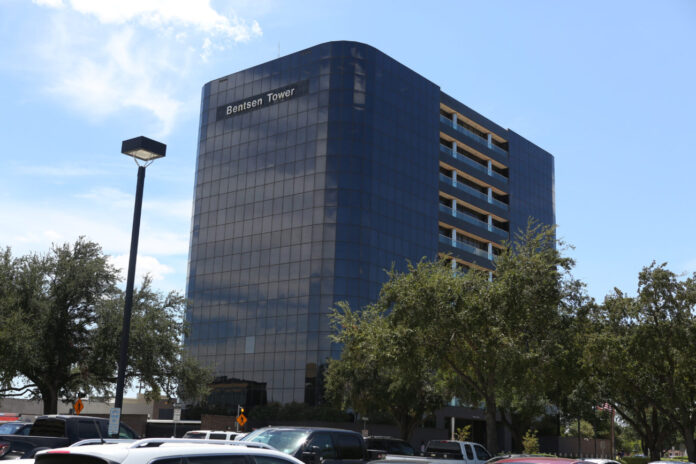
McALLEN — “Skeleton crews” is one way the federal justice system will continue to operate.
That’s what an attorney said will be one way his office responds to the COVID-19 virus and its potential to spread — limiting the contact attorneys at the office have with inmates and other defendants who pass through the federal courthouse in McAllen.
That attorney has said he’s acting now, despite a lack of direction from others.
Officials with the Southern District of Texas, which is made up of eight divisions — McAllen, Brownsville, Laredo, Corpus Christi, Galveston, Victoria and Houston — have not yet made an official comment or statement related to COVID-19 and its courts, although on its website some guidance has been posted.
Requests for comments regarding the courts and COVID-19 to the public information officer with the Southern District of Texas have not been answered as of this report.
The website’s post makes clear that courthouses in the Southern District of Texas will remain open, save for specific proceedings.
Specifically, the website states civil jury trials have been suspended in the Houston and Galveston divisions until at least April 1, with the clerk’s office staff still available by telephone, mail still being received and intake desks remaining open for filings.
“The public is encouraged to continue using court services while following all applicable public health guidelines,” the post stated. “Otherwise, all matters scheduled for an in-court appearance before a district, bankruptcy, or magistrate judge in the Southern District of Texas, including associated deadlines, REMAIN IN EFFECT pending order of the presiding judge.”
The Monitor spoke with two attorneys who agreed to discuss internal conversations regarding COVID-19 on the condition of anonymity as they were not authorized to comment publicly.
The attorneys, who work in the McAllen and Brownsville divisions, respectively, said there has been little to no direction from higher-ups about what the protocols were going to be. On Friday last week, one attorney working in Brownsville said several U.S. attorneys were told to take their laptops home “just in case.”
On Monday, the attorney said some of his colleagues were asked to work from home.
Another attorney, who works in the McAllen division, said a “skeleton crew” of attorneys would likely handle the large number of the illegal entry cases, as they were expecting U.S. Border Patrol agents to drop off at least 200 people for Monday’s docket.
This attorney stated that in order to protect the “court,” the illegal entry cases have all but been suspended in Southern California, New Mexico, the Western District of Texas, and in the Houston and Galveston divisions.
The Monitor reached out to the public information officers for the divisions but had not received a response to queries about suspended prosecutions in illegal entry cases as of this posting.
The attorney from Brownsville, who has more than two decades of work as a U.S. attorney in the Rio Grande Valley said part of what makes shutting down the criminal justice system difficult has to do with statutory obligations related to criminal procedure, specifically deadlines and speedy trial concerns.
The attorney said that short of the government passing something that suspended those criminal procedure obligations, the courts can’t unilaterally slow or stop proceedings on its own.
On Monday, at a judges meeting in Hidalgo County for the state District Court, the judges voted to hold some court hearings via teleconference and suspend jury panels until early May.
Last week, as news began to trickle in, the same attorney said he was concerned about the people brought into court, those who are brought into the country illegally, or found at stash houses on a fairly frequent basis, and others who deal in human smuggling.
“It is only a matter of time before (the virus) hits a (Border Patrol) housing facility and or local jail and spreads like wildfire down here,” the attorney said.
There was expected to be a meeting later in the week between the U.S. District Judges, magistrates and the chief judge in the Houston division as to what to do next during these unprecedented times.



